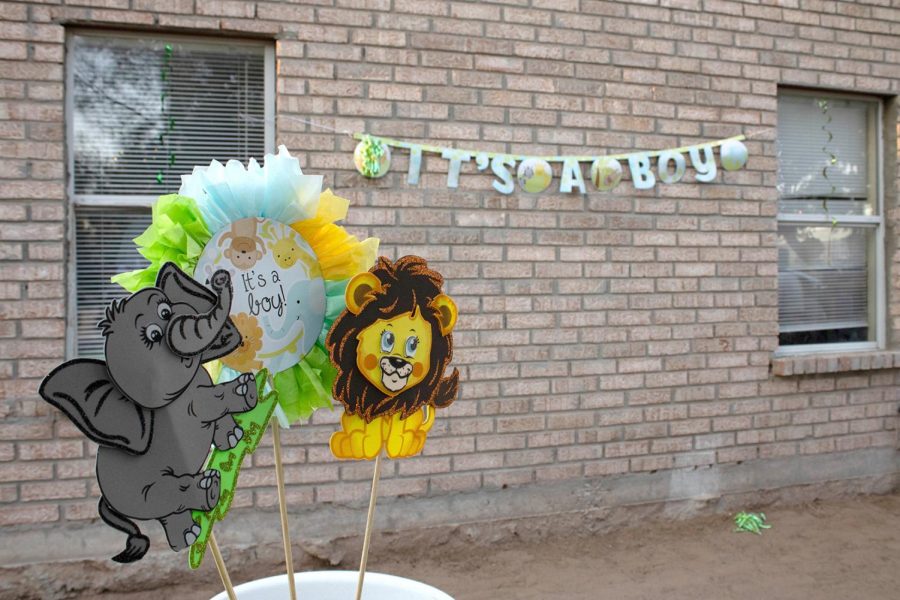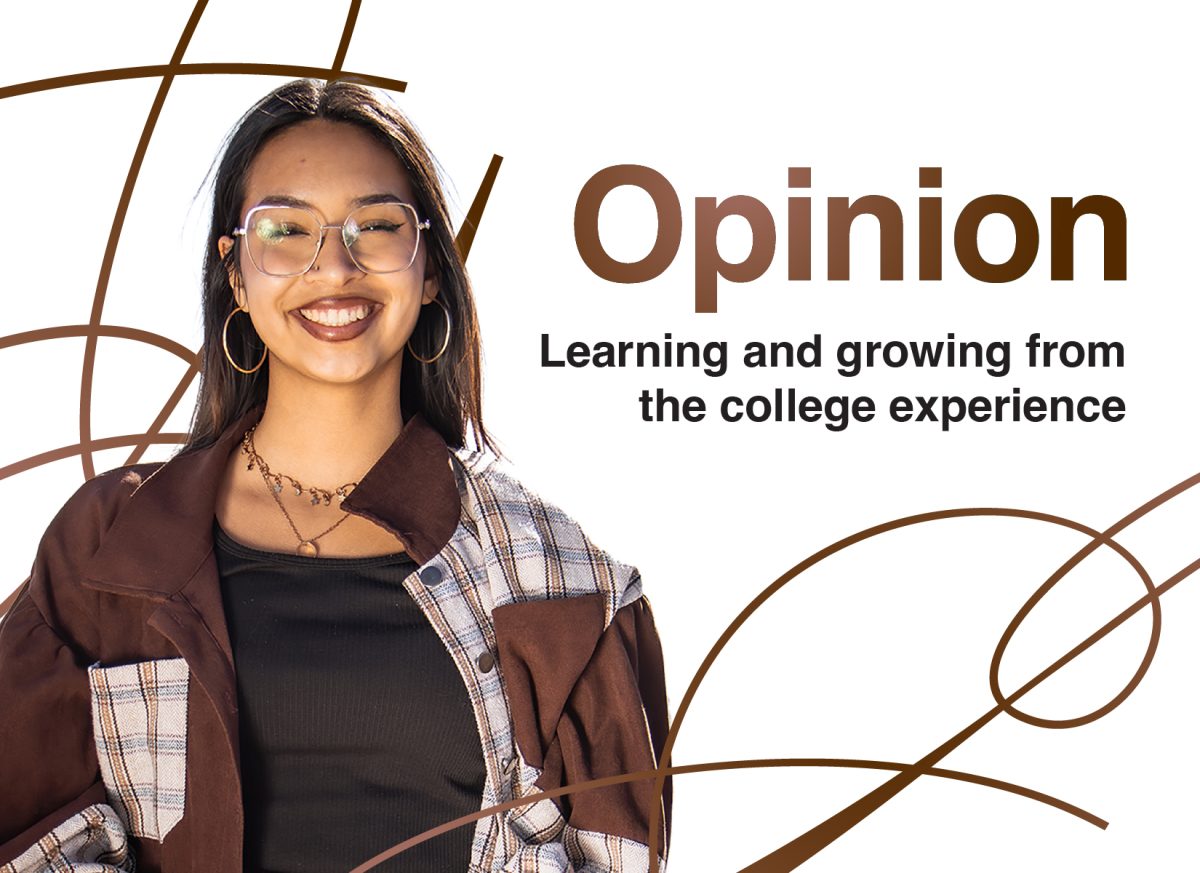Trigger Warning: There is a use of homophobic slurs in this article.
Do you ever feel like you are trapped inside a box? Do you imagine you are in an enclosed space that is far from reachable by others where you can be yourself? Imagine walking through a store looking at clothes that you have always wanted, but you can never have them because you simply were not born to use them. You feel like you want to run to them and take them with you as fast as possible but instead, your window of opportunity keeps getting smaller and smaller until you can no longer see them.
I have never been able to have a say in what I consider to be right for me. It is always our society who tells us what is wrong and what is right for our genders assigned at birth. It feels like I am in a bullet-proof glass bubble where I can only observe things from afar and use whatever my parents give to me through the tiny opening in it, as they drag me down their own life trails, expecting me to be like them. I want to be my own self; I want to dress as I like without having anyone judging me or telling me that I am wrong for expressing myself.
I never knew that colors were created to be assigned to people that hold certain genitals. Many people apply gender stereotypes to their children at a very young age without noticing that they are doing so; nonetheless, the unawareness of the parents’ actions is the result of by the cultural norms and expectations that have been set by our society for years. You see it all the time when parents dress their baby boy in blue and their girls in pink. Who said that blue was meant to represent males and pink represented females? Why can’t males dress in pink? Why can’t females have short hair and wear saggy jeans?
I come from a Mexican household, and there never is a time when I don’t hear my family tell my little nephew, “¡deja eso, eso es de niñas!” (“leave that there, that’s for girls!”) when he picks up a pink bag or a Barbie doll. Of course, playing with dolls is considered feminine, but who are we to tell people what to like and not like? How would you feel if you were told that you cannot play your favorite sport because you don’t have a penis? Or what if someone told you that you cannot watch a romantic movie that you are really interested in because you are not a woman, and that it makes you look gay?
We, as human beings, must learn to practice the universal value of respecting each other’s right to choose our own personal gender identities. Why is there a need to contradict someone when you can simply let them be and live your own life? Respect is the key to living a healthy and peaceful lifestyle. There is no need to support other people’s beliefs and expressions because everyone has the right to have their own opinions. You are welcome to disagree with someone; Really, though, what you do need to do is respect every person for what they are, and not humiliate them because of how they look or how they feel. No one is forcing you to applaud certain actions or to follow along with anyone. People who are considered deviant to the community just want to be left alone and be treated like human beings.
In many places, people are dying because of the pressure to be someone else — someone who is only disguising the true individual that is trapped inside. According to an article published by the National Center of Biotechnology Information, a national survey has found a higher rate of suicide in LGBT partners who live in communities “high in anti-gay prejudice.” Additionally, another study that records suicidal attempts in the Canadian population in 2013, shows how males who identify as gay or bisexual have a total of 32.7% attempt suicide compared to 3% of heterosexual males. Along with this, bisexual and lesbian females show a total of 58.3% attempt suicide against 6.6% of attempts by heterosexual females. Influential factors like Machismo (“sexism”) in Hispanic communities, bullying and violence are darkening the solutions for those who dare to be deviant, and it only leads to suicide or emotional instability.
Not only in our households do we see that, but we also see it in public spaces. A study held by the Williams Institute at UCLA School of Law found that “LGBT (Lesbian, Gay, Bisexual, and Transgender) people are nearly 4 times more likely to experience violent victimization, compared to non-LGBT people.” Additionally, members of the LGBT community are “six times more likely to be victims of violence to someone they know, and two and a half times more likely to be abused at the hands of a stranger.” The homophobic slurs yelled at those who dress not according to their gender norms are incredibly common. The judgmental eyes staring at me for not walking manly enough or not having a deep voice, crack my self-esteem like a Mazapan.. Where did all the respect go? Just because I do not look or sound like every other male in our community does not make me less of a man. Likewise, if a woman shows interest in working with cars or becoming an engineer, it does not make them less of a woman. We are not part of the LGBTQI+ (Lesbian, Gay, Bisexual, Transgender, Queer, Intersexual, plus) community simply because of the way we look or because we are interested in something different; our sexuality has nothing to do with our personality. Sexual preference is no one else’s business but our own, when people make mean comments about our personality, they are attacking a human being just like themselves.
If you are suffering from domestic violence and intrusive thoughts or know of someone that is going through all of this, please spread awareness of the services and people who are there to help you and support you. The University of Texas at El Paso offers Crisis Counseling services to those who are in desperate need of guidance. UTEP worries about their students and wishes to provide professional help, so please call 915-747-5302 for aid available Monday through Friday from 8 a.m. to 4 p.m. However, if there is an emergency need for counseling, UTEP offers the Miners Talk Crisis Line which can assist you after hours by dialing that same phone number. You may also contact the Emergence Health Network by dialing 915-779-1800. Additionally, the National Suicide Prevention Lifeline is always available to help those who are thinking about committing suicide; their phone number is: 800-273-8255. It is never too late to ask for help, you are not alone. For more information regarding health services please visit the Counseling and Psychological Services website.
We must remember that we are all human beings with completely different souls.
Be mindful of those who you care about; if you truly love them, let them do what is best for them.
Aaron Andres Garcia is a Junior majoring in Multimedia Journalism and may be reached at [email protected]






